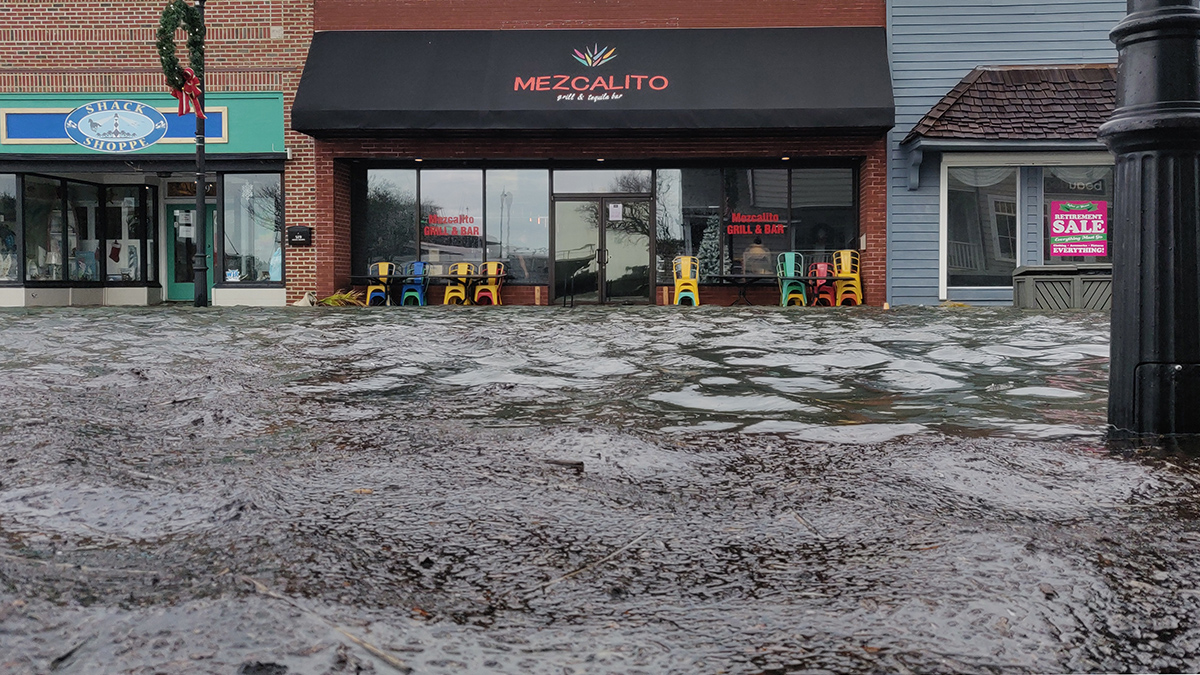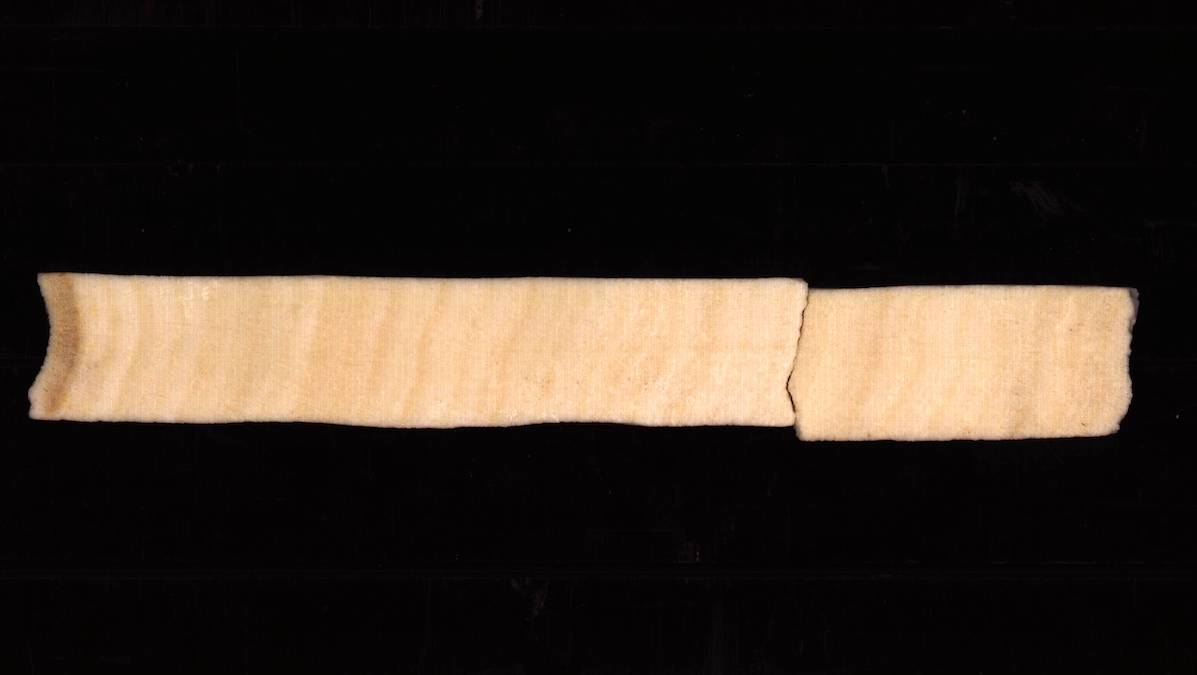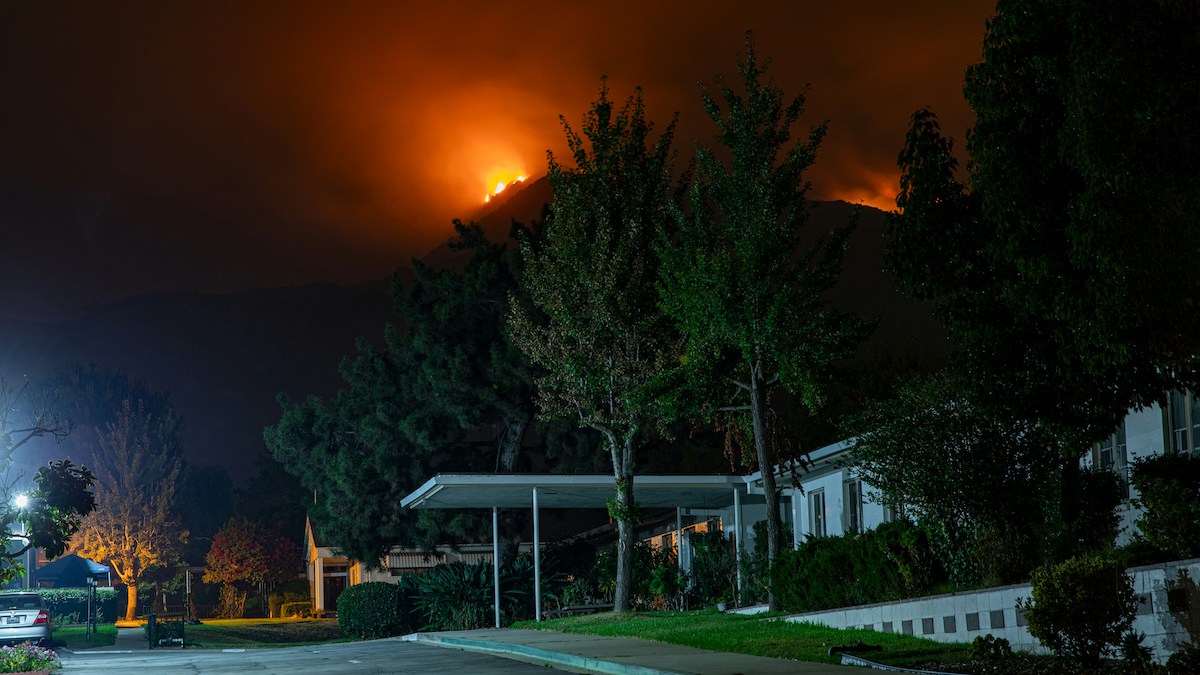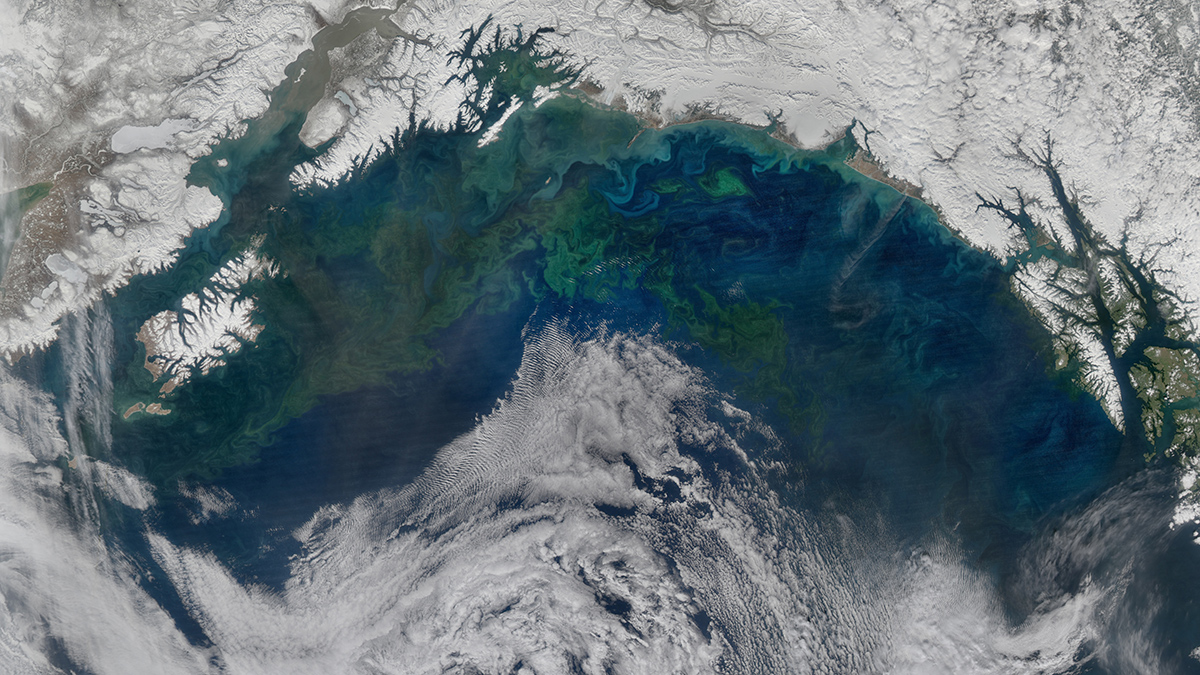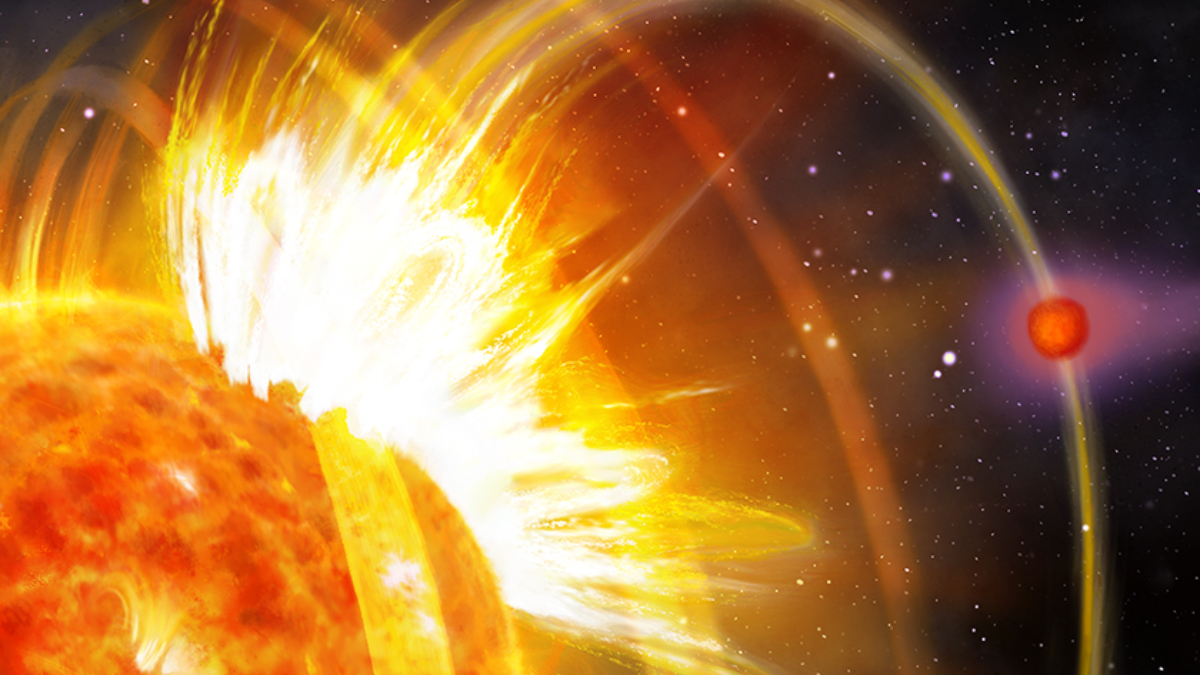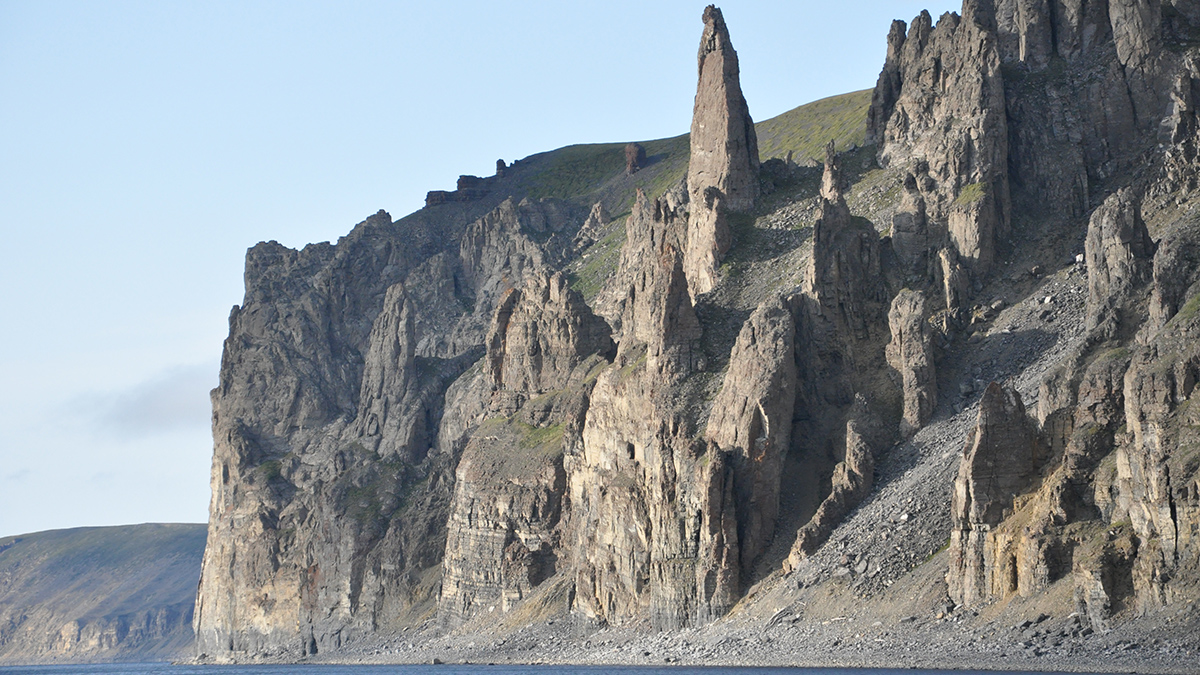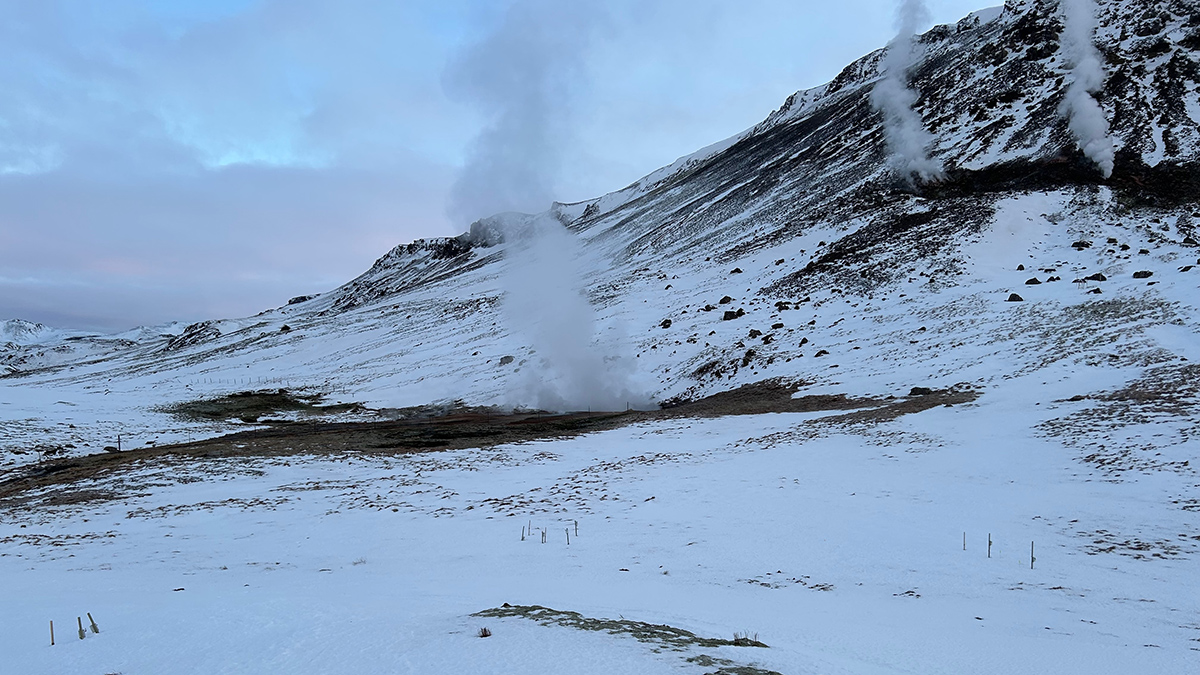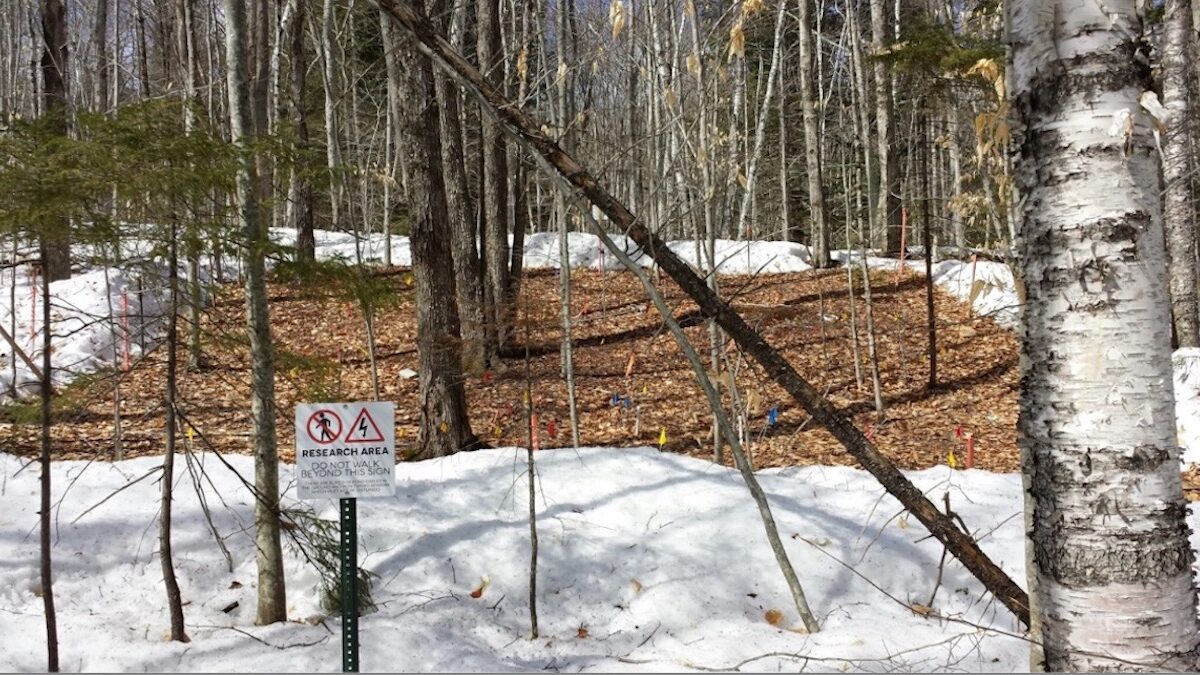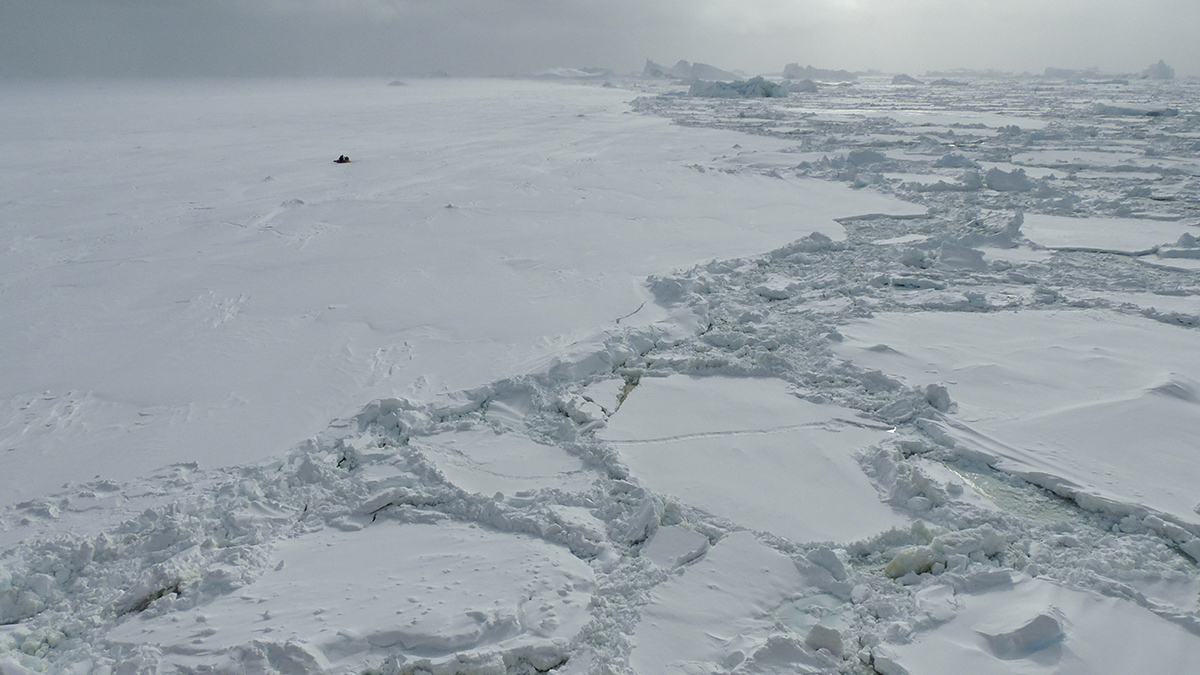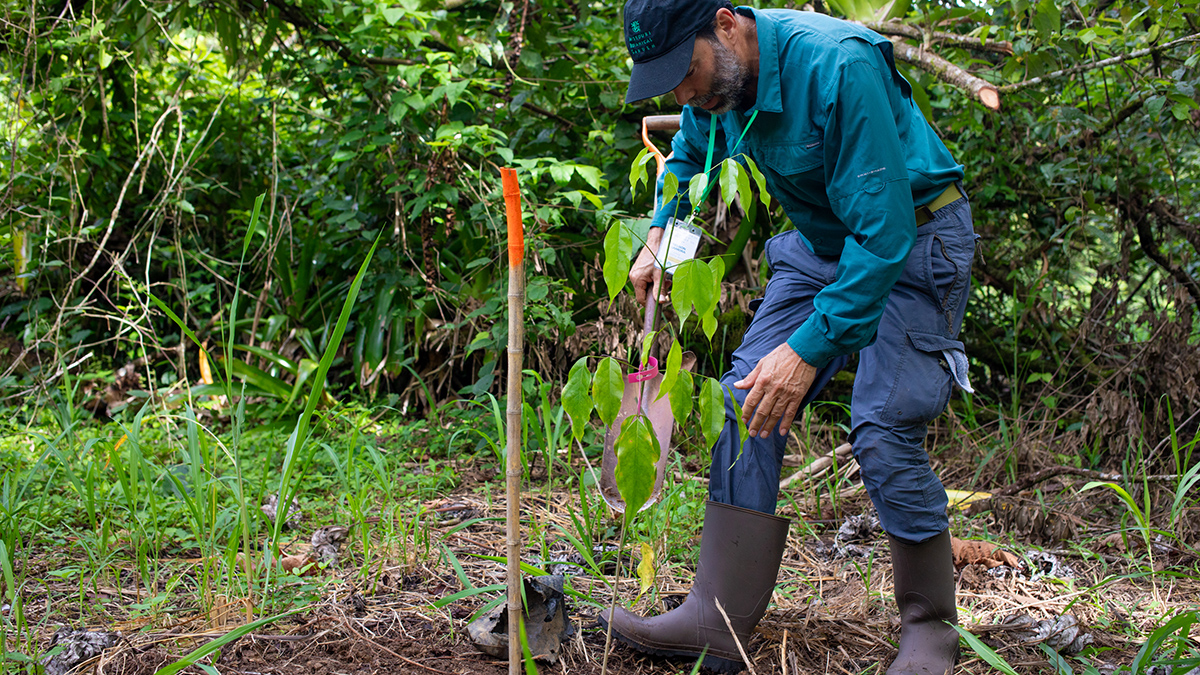Federal flood measurements often don’t match what people see in their communities. Scientists have created a hyperlocal solution.
News
Coral Cores Pinpoint Onset of Industrial Deforestation
Trace elements in coral reefs provide a timeline of how Borneo’s rainforests have been altered by industry.
California’s Getting an Earlier Start to Wildfire Season
Human-caused climate change has pushed the onset of fire season in the state to as much as 46 days earlier than it was 30 years ago.
Iron Emissions Are Shifting a North Pacific Plankton Bloom
Some of the iron emitted by industrial activity in East Asia is carried by winds into the North Pacific, where it nourishes iron-hungry phytoplankton.
Exoplanet Triggers Stellar Flares and Hastens Its Demise
HIP 67522 b can’t stop blasting itself in the face with stellar flares, a type of magnetic interaction that scientists have spent decades looking for.
Cave Deposits Reveal a Permafrost-Free Arctic
Mineral cave deposits from northern Siberia show that the region was permafrost free during the late Miocene period, when Earth was warmer than today.
As the Arctic Warms, Soils Lose Key Nutrients
Climate change heats not only the air and the ocean but also the soil, where key processes that determine fertility and carbon sequestration operate in a fine-tuned balance.
Warming Winters Sabotage Trees’ Carbon Uptake
In temperate forests, the biomass-building benefits of warmer growing seasons are offset by damaging variability in winter weather—a disparity that climate models may miss.
Southern Ocean Salinity May Be Triggering Sea Ice Loss
New satellite technology has revealed that the Southern Ocean is getting saltier, an unexpected turn of events that could spell big trouble for Antarctica.
First Species-Level Assessment Reveals Extinction Risk in Mesoamerica
Forty-six percent of tree species in Mesoamerica are threatened with extinction. Researchers hope a new regional study will inform targeted conservation strategies.

